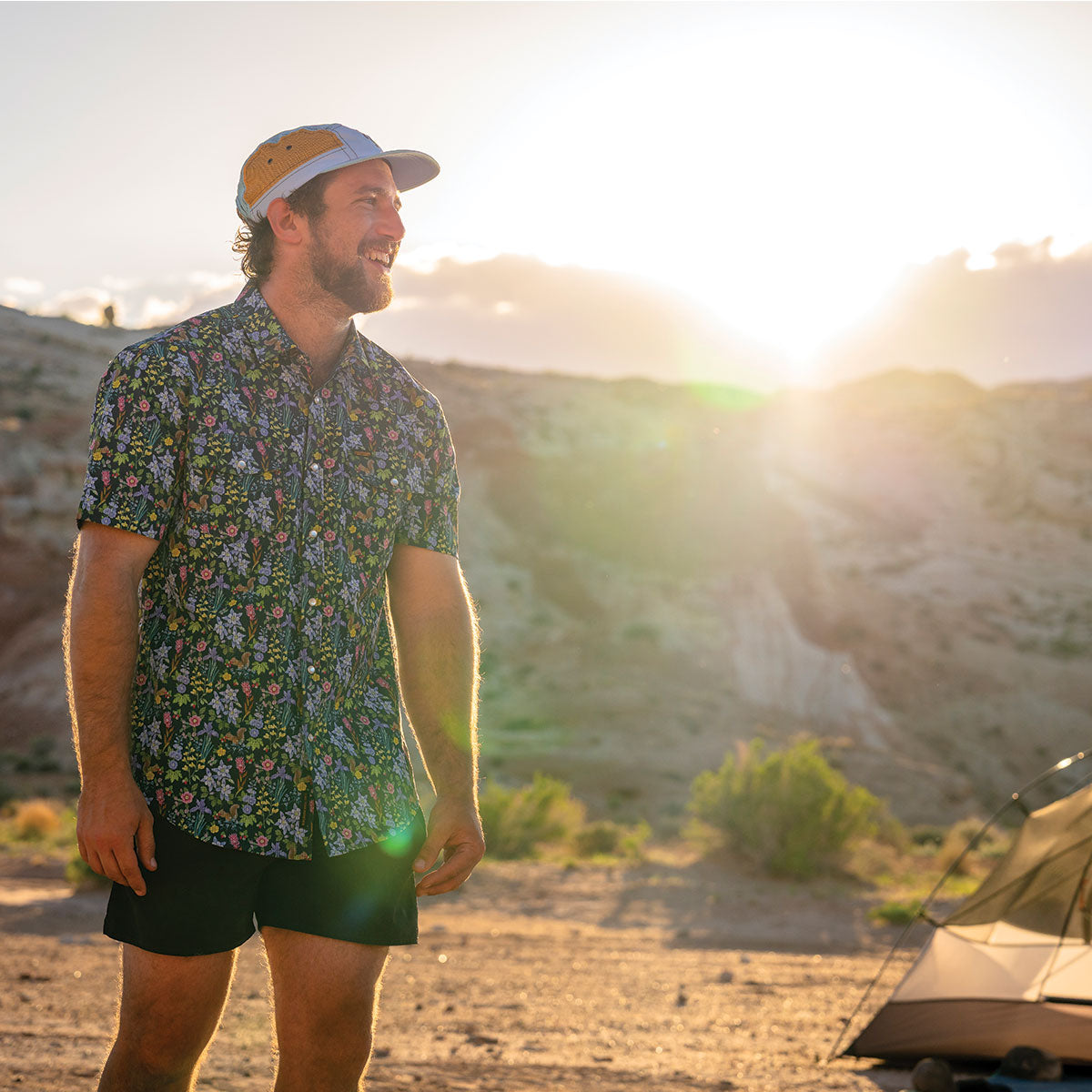Colorado offers some of the most breathtaking high-altitude hiking trails in the world. With elevations that surpass 14,000 feet, the Rocky Mountains are a paradise for adventurers seeking to challenge themselves while basking in nature’s splendor.
However, high-altitude hiking comes with its own set of challenges that can test even experienced hikers. If you don’t let your body adjust to the thinner air of high elevations, you can experience altitude sickness. This can lead to dizziness, headaches, nausea, and exhaustion—none of which you want to experience when adventuring in the mountains.
Understanding how to prepare for and manage these challenges is key to having an enjoyable and safe experience. Tackle the majestic trails of the Rocky Mountains safely with these high-altitude tips for hikers in Colorado.
Wear the Right Clothing
Having the right clothing can make all the difference when hiking at high altitudes. Layered clothing is a must, as the thinner atmosphere causes temperatures to vary significantly throughout the day. Choose moisture-wicking materials for your base layer to keep sweat at bay. Add insulating layers for warmth and a waterproof shell to protect against unexpected rain or snow.
Pace Yourself
When you’re eager to reach a summit, it’s easy to start off too fast. However, proper pacing is crucial at high altitudes. Your body needs time to adjust to the reduced oxygen levels, so take it slow and steady. Listen to your body and take breaks as needed.
Resting periodically not only helps you acclimate but also lets you enjoy the stunning scenery. Remember, hiking is as much about the journey as it is about the destination. By pacing yourself, you’ll conserve energy and reduce the risk of altitude sickness, ensuring a more enjoyable trek overall.
Stay Hydrated
Another crucial high-altitude tip for hikers in Colorado is to stay hydrated. Dehydration can exacerbate altitude sickness symptoms, making your hike far from pleasant. Carry plenty of water and sip it regularly rather than waiting until you feel thirsty. Electrolyte supplements or drinks can also aid in maintaining a proper balance.
Practice Sun Safety
With thinner air at high altitudes, you’re exposed to stronger UV rays from the sun. Sunburns can happen quickly even in the coldest temperatures, so it’s vital to protect your skin and eyes. Sunscreen, sunglasses, hats, SPF lip balm, and sun-protective clothing are all a must. Be sure to take essentials like sunscreen and lip balm with you so you can reapply as needed and stay safe and comfortable throughout the day.
Follow Safety Precautions
Safety should always be a top priority during your adventures. Familiarize yourself with the signs of altitude sickness and be prepared to descend if they worsen. Carry a basic first-aid kit and know how to use it.
Knowledge of the trail and weather conditions can also help prevent surprises, so be sure to check forecasts and trail reports beforehand. While some risks are inherent to outdoor adventures, being prepared can mitigate them significantly and ensure your hike is as fun and stress-free as possible.
Make sure the whole family is prepared for your high-altitude hike when you shop for trucker hats for kids and other stylish, comfortable gear at YoColorado. Stop by our Golden store or shop online to find the right apparel for every Colorado adventure.








Leave a comment
This site is protected by hCaptcha and the hCaptcha Privacy Policy and Terms of Service apply.